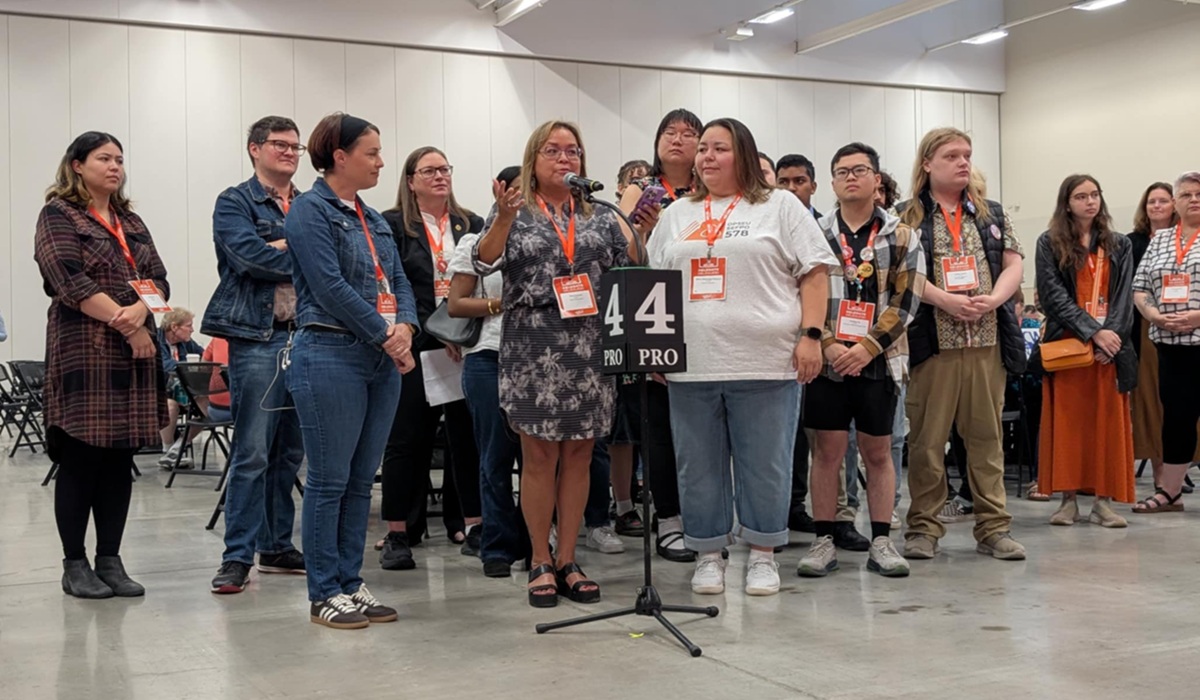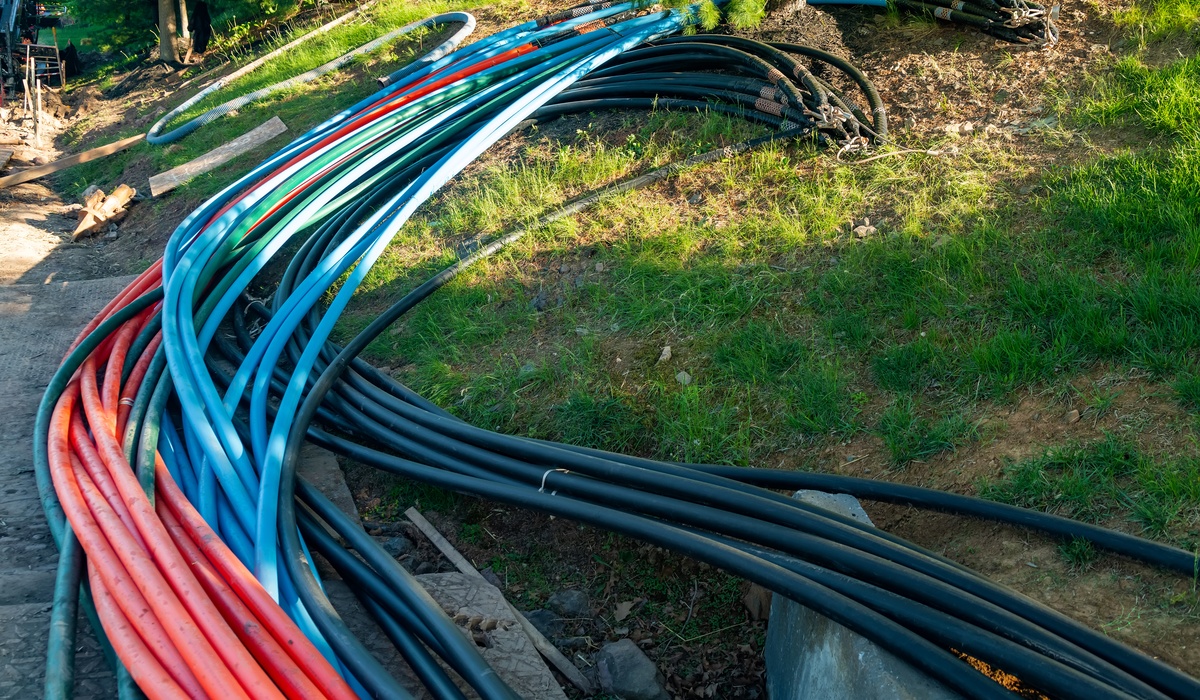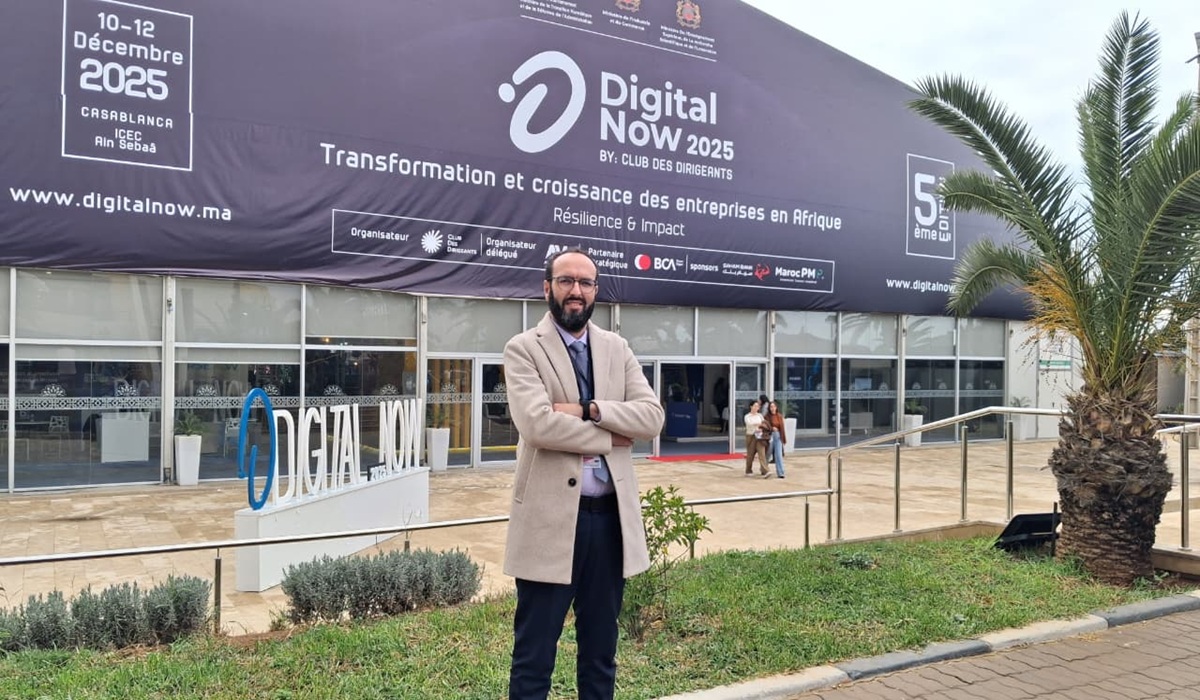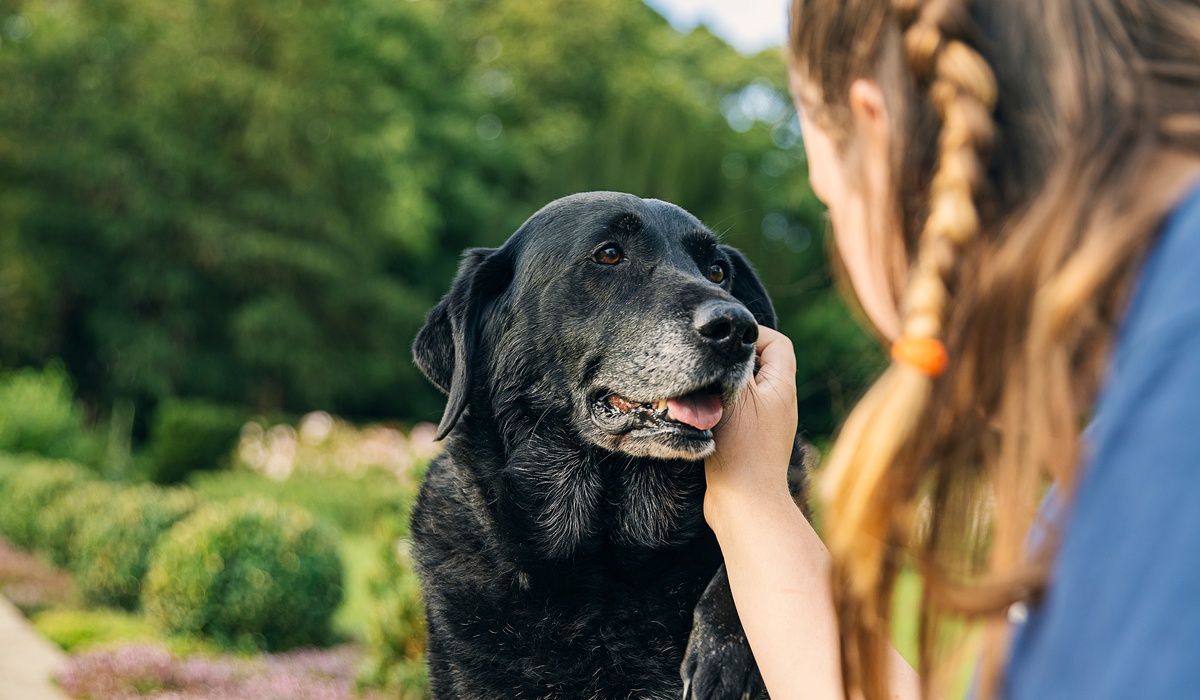Tania Cameron’s Delegation Marks a Defining Moment for NDP and First Nations Politics
- TDS News
- Indigenous
- Trending News
- September 21, 2025

By Donovan Martin Sr, Editor in Chief
When Cameron, an Anishinaabekwe from Treaty 3 and delegate from Kenora–Rainy River, rose to speak at the Ontario New Democratic Party convention, she did more than endorse a resolution. She placed First Nations rights squarely at the centre of the party’s nuclear policy — and, in doing so, reminded delegates that political integrity and cultural responsibility must go hand in hand.
She spoke in strong support of Resolution 2-1, a compromise that strengthens the ONDP’s stance on nuclear policy while committing the party to honouring Free, Prior, and Informed Consent (FPIC) as more than a slogan. For her, this is not abstract policy; it is about protecting sacred land and water for generations to come. “As Anishinaabe people, we have an obligation to protect the land not just for ourselves, but for our children and their children — for seven generations and beyond,” she said, underscoring the depth of cultural duty in safeguarding the environment.
Her remarks resonated with many in the room, but the weight of her message extended far beyond convention walls. The Kenora–Rainy River representative reminded delegates that the Ford government’s decisions — from Bill 5 to the proposed nuclear waste storage site — have repeatedly sidelined First Nations voices. “That is not consultation. That is not consent,” she declared.
This speech cuts to the heart of two defining issues in Canadian politics today: Indigenous sovereignty and environmental stewardship. At a time when governments often pursue development projects with minimal consultation, she reinforced the principle that Free, Prior, and Informed Consent is not optional — it is essential. Resolution 2-1, if carried forward with sincerity, would signal that the ONDP is willing to prioritize long-term responsibility over short-term political expediency. It ties the party’s environmental commitments to treaty obligations, affirming that climate justice and Indigenous rights are inseparable.
Cameron’s role as a delegate cannot be overstated. For over decades, she has been a visible and respected figure not only within the NDP, but also across First Nations politics in Canada. Her advocacy has consistently bridged two worlds: advancing Indigenous rights within mainstream political institutions while bringing political discussions back to the grassroots in Treaty 3 and beyond. Her insistence on putting First Nations voices “at the centre” reflects a political reality long ignored in Canadian policymaking — that Indigenous peoples are not stakeholders but rights holders. By anchoring her message in both cultural teachings and political obligations, the Anishinaabekwe leader demonstrated how Indigenous leadership can reshape party policy at its core.
For the ONDP, her intervention presents a chance to lead by example. The party has long branded itself as progressive and socially just, but its credibility depends on whether it translates resolutions like 2-1 into action. Her speech served as a litmus test: will the party stand firm on protecting sacred land, water, and treaties, or fall into the trap of political convenience? For First Nations politics across Canada, her voice amplified a growing movement to ensure Indigenous consent is respected at all levels of government. Her delegation symbolized not only regional representation but also the broader struggle for justice, recognition, and sovereignty.
Cameron closed her remarks with a clear call: “Delegates, this is our chance to lead with integrity. Vote yes to 2-1. Stand with me. Stand for Free, Prior, and Informed Consent. Stand for a future where clean energy and justice go hand in hand.” Those words are a challenge — not just to party members, but to every Canadian who believes in fairness, environmental protection, and reconciliation. The significance of her delegation lies in her ability to remind the political world of something simple but profound: policies are not just about numbers or votes; they are about people, land, and the generations yet to come.








